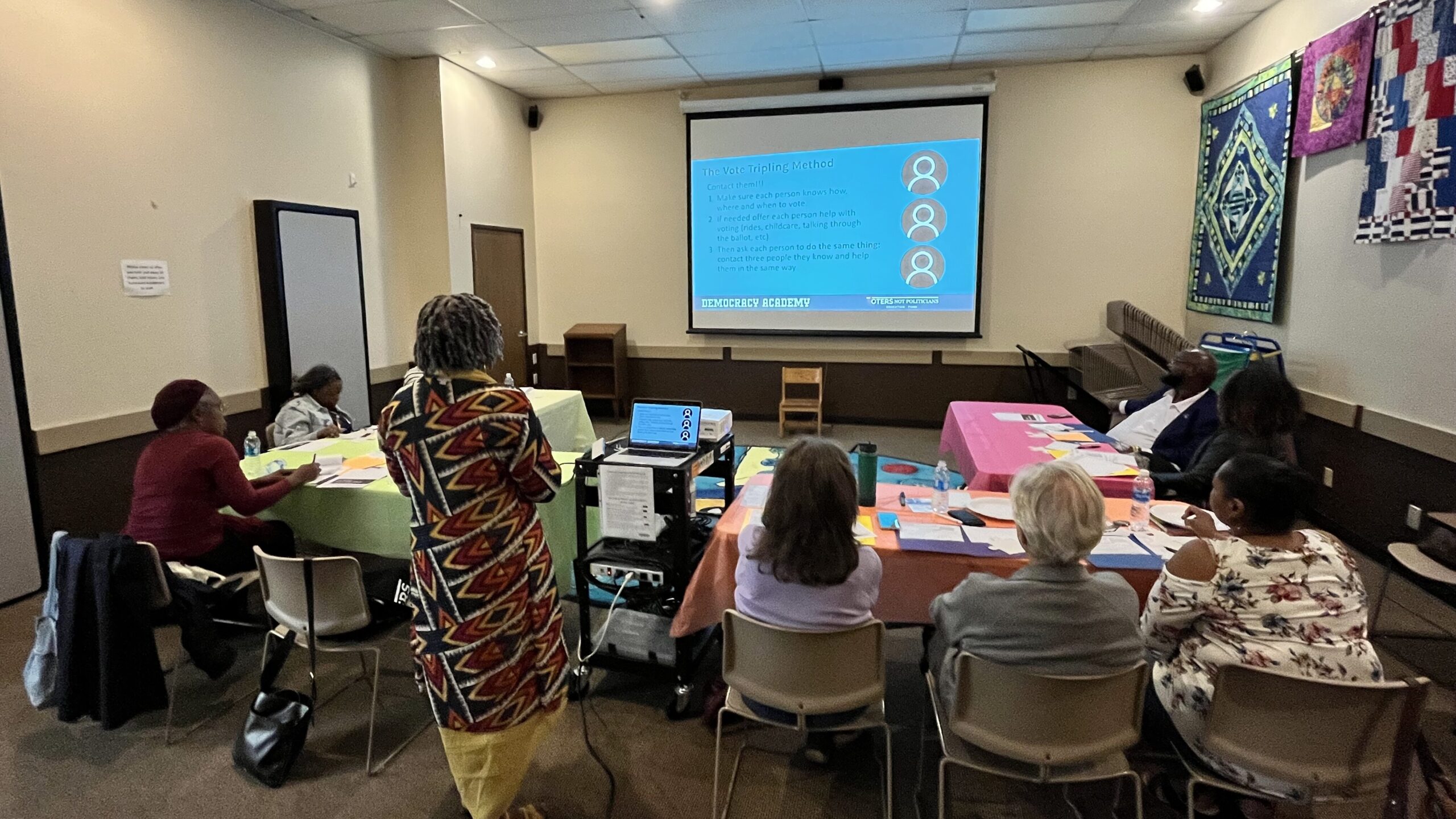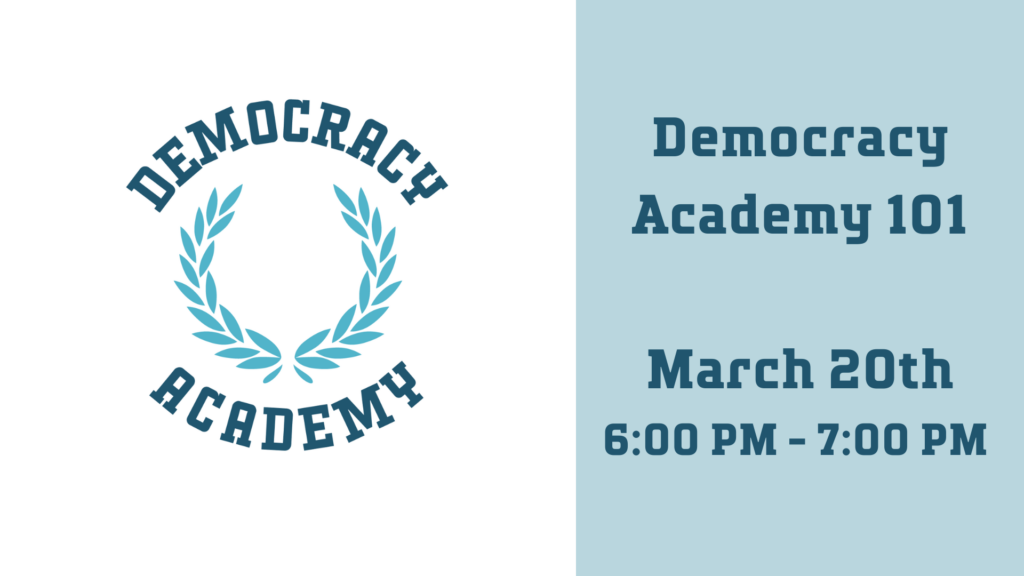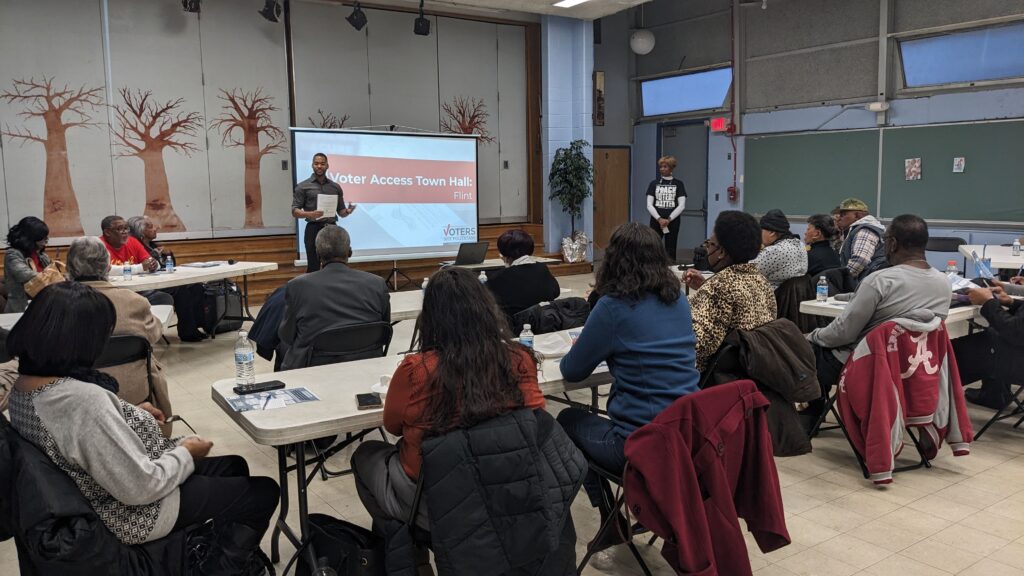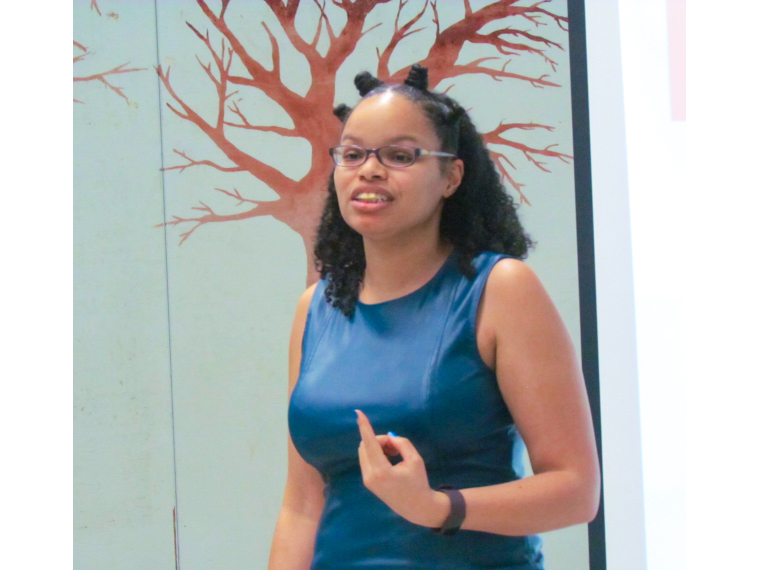While many eyes are focused on the 2024 presidential election cycle, Voters Ed Fund recognizes that in order for our democracy to be truly representative, communities across Michigan need to participate in every election, at every level.
That is why the Voters Ed Fund launched the Democracy Academy workshop series – to ensure that voters can develop civic engagement skills that they can use beyond 2024.
On March 20th, Voters Ed Fund held the first of six virtual Democracy Academy workshops scheduled for this year. The focus of this inaugural workshop was Your Community Your Government–-Making the Case for Getting out the Vote in Local Elections.
Like our in-person workshop series in 2023, this first workshop was designed to inform attendees about the widespread issue of low voter turnout in municipal elections compared to midterm and presidential elections. Attendees also explored various tactics to increase local voter turnout in their communities, from relational organizing to leveraging Michigan’s new voting laws such as early voting, and discussed long-term solutions such as moving municipal elections to the even years via a local ballot initiative to increase turnout.
Our first workshop received 51 attendees, more than half the number of total attendees during our entire 2023 in-person workshop series. However, like last year, attendees left wanting to develop additional skills to politically engage their communities. That’s why our remaining five workshops will build on the knowledge and skills of the first Democracy Academy session.
Our next workshop will focus on recent changes to Michigan’s voting laws, including those mandated by Proposal 22-2. You can sign up for our April 16th workshop or any of our following workshops below:
- Citizen Lobbying Your Local Government
- Participatory Budgeting: How To Take Part in Your Local Government’s Spending
- Monitoring Your Local Elections
- Starting a Local or Statewide Ballot Initiative
Interested in learning more about Democracy Academy or our other education fund programs? Want to get involved in developing or presenting one of these workshops? Reach out to Education Programs Manager Alyson Grigsby at alyson@votersnotpoliticians.com.
